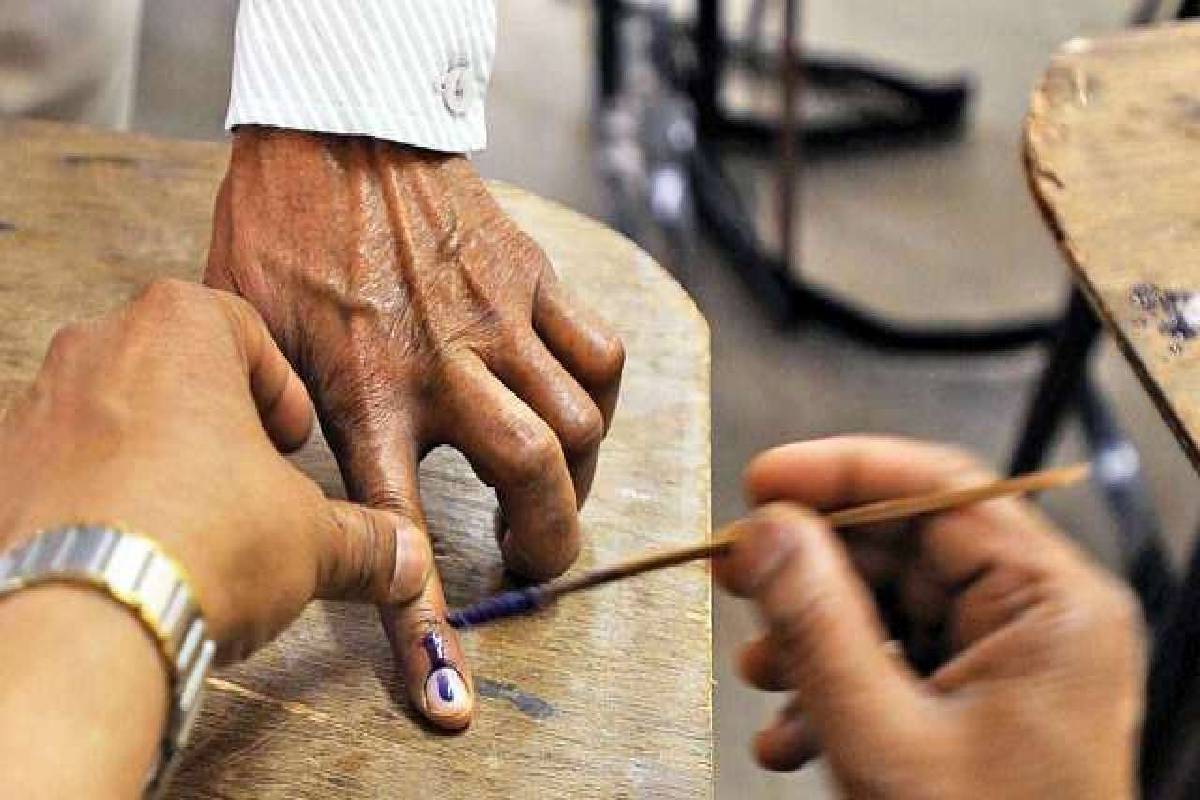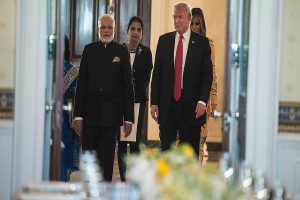As the country braces itself for the world’s largest election, the dance between tradition and technology takes centre stage. From camelback journeys transporting voting machines through Rajasthan dessert terrain, and mules to the highest polling stations at 15,000 feet above sea level in Kashmir and Ladakh, to the vigilant monitoring of social media for malicious deep fakes, the country’s commitment to ensuring a fair and transparent electoral process is commendable.
The upcoming general election, expected by May, marks a significant milestone with over 960 million registered voters. The Election Commission, responsible for orchestrating this mammoth exercise, has unveiled plans to set up control rooms specifically dedicated to identifying and combating fake content on social media. In a digital age where misinformation can spread like wildfire, this initiative reflects a proactive approach to safeguarding the democratic process. However, the recent resignation of Election Commissioner Arun Goel raises questions and adds a layer of complexity to the electoral landscape. With only Chief Election Commissioner Rajiv Kumar remaining among the mandated three-member Election Commission, concerns loom over the potential impact on the election’s integrity. The resignation, shrouded in mystery as Mr Goel remains tight-lipped about the reasons, underscores the need for transparency within India’s election machinery.
Advertisement
In the face of such a critical development, the mandated Selection Panel, consisting of the Prime Minister, the leader of the Opposition in the Lok Sabha, and a Union minister, is expected to convene this week. Their deliberations will play a pivotal role in determining the future composition of the Election Commission, a process that demands careful consideration to maintain the institution’s independence. As the nation awaits the election schedule announcement, it is essential to recognise the delicate balance the Election Commission must strike. The task at hand is not only to oversee the logistics of an election of unparalleled scale but also to navigate the evolving landscape of information dissemination. The commitment to combating fake content on social media, while commendable, must be executed with care to avoid encroaching on freedom of speech. India’s election machinery is not just about deploying millions of employees to remote corners and battling misinformation.
It is a reflection of the country’s commitment to democratic values. The awareness programmes conducted by the Election Commission to improve voter turnout in regions with historically lower participation rates demonstrate an inclusive approach, aiming to ensure that every voice is heard. As the nation embarks on this electoral odyssey, it is imperative to recognise the challenges and appreciate the efforts being made to address them. The resilience of India’s democratic process lies not just in the sheer scale of its operations but in the meticulous attention to detail required to uphold the principles that underpin the world’s largest democracy. The choices made in the coming weeks, both in terms of electoral preparations and the appointment of new Election Commissioners, will significantly shape India’s democratic narrative for years to come.











